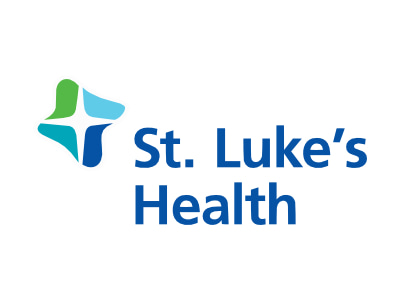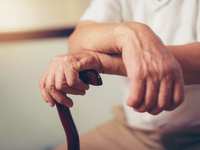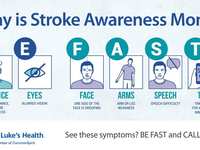- Categories :
- More
Going through cancer care? You can still have fun in the sun

Summer is here, with its long, lazy days, backyard barbecues and afternoons perfect for lounging at the beach. But when you’re going through cancer treatment, the sun, fun and heat of the season come with extra risks. Before you decide to spend your entire summer indoors, remember there are things you can do to protect yourself while still making the most of the season.
1. Outsmart the Sun
One of the challenges facing many cancer patients, especially during the sunny summer months, is sensitivity to sunlight, called photosensitivity. This condition can happen as a side effect of many cancer medications and cause a host of problems, including getting sunburned easily; developing rashes or dry, itchy skin; skin peeling and nails cracking.
However, this doesn’t mean you can never relax outside on a sunny day—as long as you take precautions:
-
Slather on the SPF: Before going out in the sun, apply a broad-spectrum sunscreen with a sun protection factor (SPF) of at least 15. If you’re planning on being outdoors for an extended period of time, up the SPF to at least 30, and be sure to reapply every couple of hours or after swimming or sweating.
-
Cover up: Covering your skin with clothing is also an effective way to block the sun’s harmful ultraviolet (UV) rays. Look for clothing that gives an ultraviolet protection factor on the label. In addition to long sleeves and pants, wide-brimmed hats and UV-blocking sunglasses also offer protection.
-
Grab some shade: Sit in shady areas whenever possible, especially between 10 a.m. and 4 p.m., the hours when the sun’s rays are the most intense. Use a sun-protective umbrella or steal a spot under a shady tree or awning.
-
Watch out for windows: Remember some of the sun’s harmful rays can reach through glass as well, which means you should take the same precautions when sunlight reaches you through car windows, patio doors and other windows.
2. Drink (Lots of) Water
Another side effect of many types of cancer therapy is dehydration, which happens when your body releases more fluids than it takes in. People who have cancer often don’t feel like eating or drinking, and side effects of treatment, including vomiting and diarrhea, can also lead to dehydration.
Being outside in the heat and humidity can make the risk of dehydration even greater. If dehydration becomes severe, it can cause serious complications. Be on the lookout for signs you are not getting enough fluids, including being very thirsty, having a dry mouth or dry skin, and feeling very tired or dizzy.
To make sure you are staying hydrated when outdoors, drink plenty of fluids (use ice if that makes beverages go down easier). Snacking on fruits, veggies, ice pops and other water-rich foods can also help.
3. Sidestep Infections
Cancer treatments can cause your immune system to work less efficiently than it should, which means you are more susceptible to infections. But that doesn’t mean you have to miss out on all the summer fun. Follow these tips to stay safe:
-
Wash your hands frequently with soap and water or use hand sanitizer.
-
If you are at a barbecue or other gathering, don’t share utensils, cups or food with anyone.
-
Avoid big crowds and wear a mask when in groups of people.
-
Make sure all meats you eat are cooked to the proper temperature and fruits and veggies are thoroughly washed. Don’t eat anything that has been sitting out or has a funny smell.
If you want to know if a summer activity is safe while undergoing cancer treatment, or if you notice a mole or spot on your skin that has any of these signs, make an appointment with your St. Luke’s Health physician today.


















